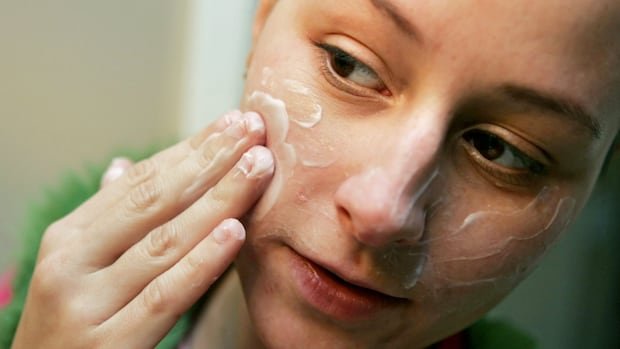How Do Cosmetics Affect Skin Health?
Cosmetics are a staple in many individuals’ daily routines, promising various benefits from flawless coverage to youthful skin. In 2024, Canadians spent approximately $9 billion on cosmetics, reflecting a significant contribution to the global industry that totals about $650 billion. As interest in beauty products rises, understanding their effects on skin health becomes crucial.
Understanding Cosmetic Products
When exploring the cosmetics aisle, you may encounter a range of products such as lipsticks, foundations, skin creams, and anti-aging solutions. While these items can improve appearance, the impact on skin health is often misunderstood.
The Role of Makeup in Skin Health
-
Harmless Products: Many cosmetics, like traditional lipsticks and foundations, are generally safe when used properly. Dermatologist Dr. Renee Beach states that some formulations even contain beneficial ingredients like salicylic acid, which helps manage oil production and can combat acne.
-
Protective Properties: Tinted sunscreens and cosmetics with SPF are effective in preventing skin discoloration caused by conditions like melasma.
Risks of Overuse and Expiration
Excessive makeup use can lead to skin issues, particularly when applied to unclean skin or when products are expired. Studies have shown that expired makeup may harbor harmful bacteria, including E. coli, raising the risk of skin irritation or infections.
- Choose Wisely: Makeup with added fragrances should generally be avoided, as they can trigger allergic reactions or irritations.
Simplifying Your Skincare Regimen
The increasing variety of skincare products can make choosing the right cosmetics feel overwhelming. Dermatologist Dr. Julia Carroll advocates for a simplified skincare routine focusing on three core essentials:
- Cleansers: Remove impurities from the skin.
- Moisturizers: Hydrate and protect skin barriers.
- Sunscreen: Guard against harmful UV rays.
As Carroll suggests, complicated ten-step routines may damage the skin barrier rather than enhance it. Starting with fewer products allows the skin to adjust and minimizes the likelihood of irritation.
Anti-Aging Creams: Myth vs. Reality
While anti-aging creams often promise miraculous results, they typically function as preventive measures rather than reversal solutions. Regular use of retinol creams, for example, can enhance collagen production, helping to maintain skin quality over time.
“You can often tell who’s consistently used retinoids just by looking at their skin,” Carroll remarks.
The TikTok Skincare Craze
With the rise of social media, particularly platforms like TikTok, many trends advocate for extensive skincare regimens. However, a 2025 study from the American Academy of Pediatrics indicates that these routines often lack essential products like sunscreen and may expose young skin to potentially harmful ingredients.
Regulatory Framework: Health Canada’s Role
In Canada, Health Canada oversees cosmetic regulations, ensuring all products sold are safe for consumer use and comply with the Food and Drugs Act. If safety issues arise after a product reaches the market, Health Canada investigates and enforces appropriate actions.
- Cosmetic Safety: Canadian guidelines are stricter than those in the U.S., particularly concerning sunscreens. However, compared to the European Union, Canada’s regulations may need tightening, as some products can be marketed without thorough pre-approval.
Consumer Awareness: A Key to Healthy Skin
As consumers, it’s vital to approach cosmetic selection with knowledge and caution. Products marketed as “miraculous” or “age-defying” should be viewed skeptically. Prioritize skin health by choosing fundamental products and avoiding overuse or experimentation with numerous items simultaneously.
Tips for Your Cosmetic Routine
- Be Selective: Choose products tailored to your skin type.
- Mind the Expiration Dates: Discard outdated products to maintain skin health.
- Start with Basics: Begin with essential cleansers, moisturizers, and sunscreen, gradually introducing specialized treatments as needed.
Conclusion
The cosmetics world is vast and bustling, yet navigating it requires discernment. By focusing on effective products and being aware of potential risks, you can ensure your skincare routine contributes positively to your skin health. Ultimately, informed choices lead to healthier, more radiant skin.
Learn More
For further reading on skincare safety, check reliable sources like Health Canada and dermatological studies on effective skincare practices available at platforms like American Academy of Pediatrics.
Stay informed, be smart in your choices, and enjoy the benefits of cosmetics without compromising your skin’s health!


